Live Reporting
Get Involved
- Send an email to us2016@bbc.co.uk
- Twitter: Follow @BBCNewsUS
- Facebook: BBC News
Google trends has compiled data in graphics showing which candidates and issues were the most searched for in Iowa on Friday...
The graphic below shows top searches for issues:
- Red = guns
- Blue = economy
- Light green = the so-called Islamic State group
- Dark green = immigration
- Pink = minimum wage
Google Trends
As the 2016 presidential hopefuls make their final pitch to candidates in Iowa, what are the issues which matter most to voters?
The BBC's Rajjni Vaidyanathan spent some time talking to people in the rural southeast of the state. Over home-made pie, they talk guns, immigration and why they still get along despite their political differences.
Most Americans don’t believe Donald Trump is very religious, or even religious at all, according to the Pew Research Center. Yet he leads the polls nationally among white Christian evangelicals. And this week he received the blessing of one of the biggest names in that community, Jerry Falwell Jr, the president of Liberty University.
So what’s going on?
For starters, they like his tough talk on immigration, foreign policy and the economy. And they love his battle against political correctness. These factors seem to be trumping traditional evangelical concerns about morality and belief – although not for everyone: there’s a significant push back from champions of personal and family values.
Still, evangelical support could give Mr Trump an important boost in the Republican primaries, especially where they begin, in religiously conservative Iowa. Mr Falwell endorsed The Donald one week after he gave a speech at Liberty. Barbara Plett Usher was there – exploring the appeal, but also the divisions.
Originally aired: 26 January 2016
AP
BBC producer Sarah McHaney, Iowa
Politics is personal in Iowa because the White House hopefuls have to get out to meet voters face to face, rather than rely on reaching them through television adverts.
And that means criss-crossing the Hawkeye state in the days before the 1 February caucuses - the first contest in the long nominating process - to shake as many hands and kiss as many babies as possible.
The BBC's Rajini Vaidyanathan hit the campaign trail in Iowa to see how many candidates she could see in a day.
"Iowa isn't a small state but nor is it a populous state - with only three million people - but they get an enormous say as the first ones in the nation to actually cast their votes in the nomination," says the BBC's Gary O'Donoghue in Iowa.
"Our standing in the world has taken a tremendous fall," Florida Senator Marco Rubio said, before launching an attack on President Barack Obama's foreign policy agenda.
Mr Obama "makes deals with our enemies like Iran," Mr Rubio said. "He betrays our allies like the state of Israel."
The next president of the United States of America will face huge challenges and choices in foreign policy.
Nick Bryant reports from Iowa ahead of Monday's caucuses.
BBC
Let's take a moment for the BBC's Katty Kay to give us a lesson in how the months' long journey to nomination and ultimately the White House takes shape.
Late on Saturday, the Des Moines Register and Bloomberg Politics released results from the final poll before the Iowa caucuses.
The poll was conducted by Ann Selzer, who has a reputation for getting things right in the Hawkeye State.
As Vox reminds us, "polling the Iowa caucuses is extremely difficult," because, among other reasons "many voters end up deciding quite late". However, Ms Selzer "seems to be an expert at both modeling turnout and picking up on this late movement".
Most notably, she favoured Barack Obama to win in 2008, despite the prevailing wisdom saying that the polls were too-close-to-call.
Getty Images
Getty Images
Kim Ghattas
Bernie Sanders is campaigning in Waterloo, Iowa, at the moment.
He's in a close second place to Democratic frontrunner Hillary Clinton - but more on polling in a minute.
Some highlights from his speech:
- He thanked the 15,000 volunteers he has in Iowa
- He noted that his campaign was not using a so-called Super PAC (explained here) to raise funds, unlike Hillary Clinton
- He said his campaign had received 3.2m individual contributions over the last nine months
ABC
Iowa is important - if only for a few days.
But, what is a caucus? And a primary? What do all of these terms mean? And what's the difference?
You're in luck, as we have a complete guide to the long and complex primary process and how to keep track of who's winning.
Getty Images
You may be wondering: what's all the fuss about Iowa?
Iowa is the first of the fifty states to decide who its residents want to be the Democratic and Republican nominees. Voting in this state officially kicks off the US election's primary season - though campaigning has been happening for about a year now.
In many ways, the Iowa caucuses are this otherwise largely forgettable state's claim-to-fame, as we explain here.
BBC
Welcome back to the BBC's live coverage of the 2016 US election.
It's the last full day of campaigning before the Iowa caucuses, and the latest polling continues to show Donald Trump and Hillary Clinton leading their parties.
Stick with us over the next few hours as we bring you the latest from Iowa and across the country, one day before Republican and Democratic candidates meet their first electoral test of the 2016 election.
Reuters
That concludes our coverage of the post #GOPDebate horse race.
Come back and join us on Sunday for more in-depth analysis and coverage from the ground in Iowa with the voting only a day away.
Steve Sack, Minneapolis Star Tribune
Mike Luckovich, Creators Syndicate
Dana Summers, Tribune Content Agency

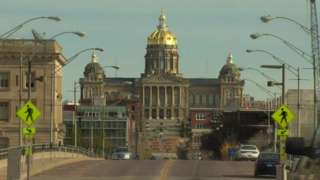

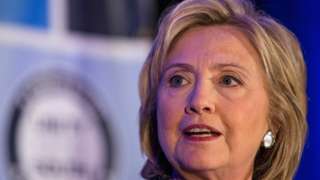
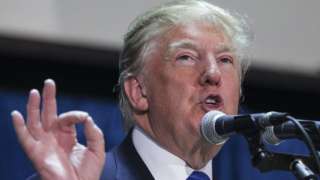
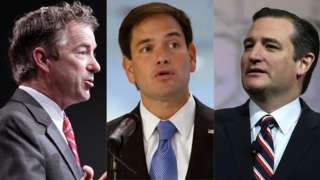
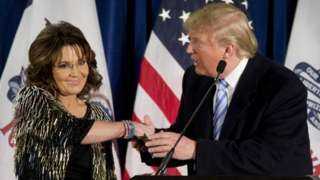
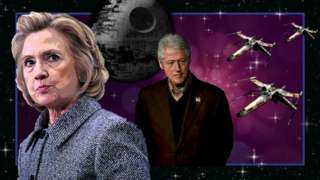
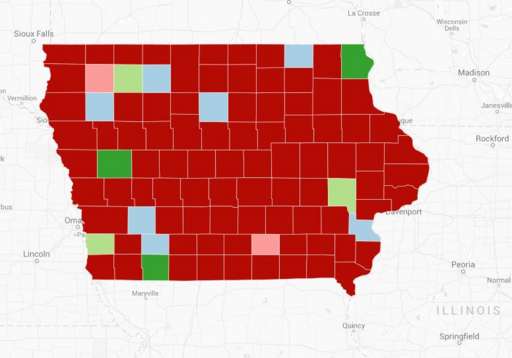


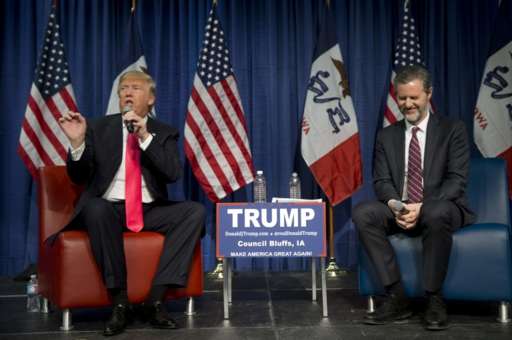

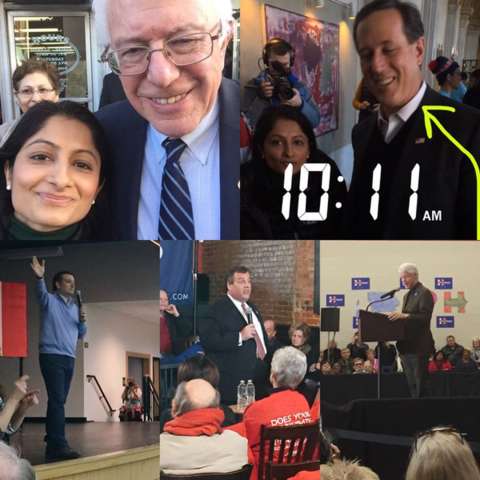


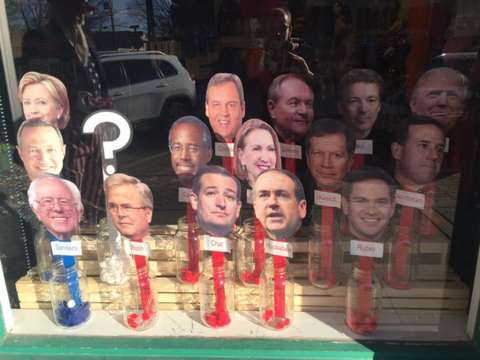

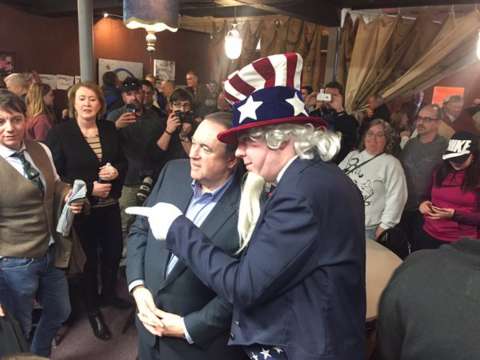


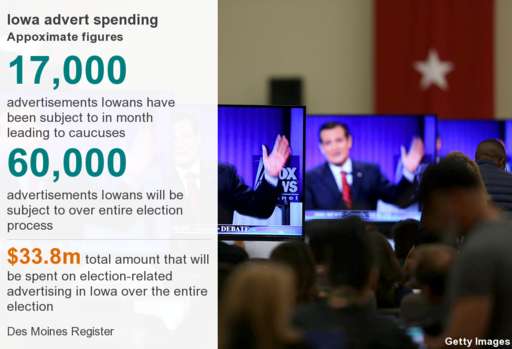



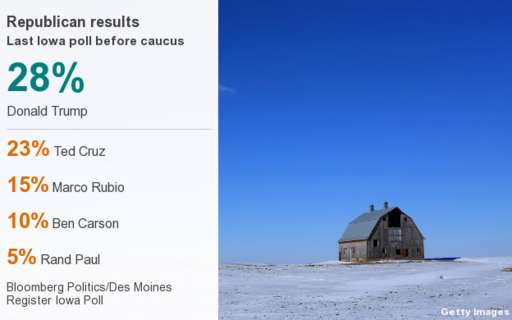
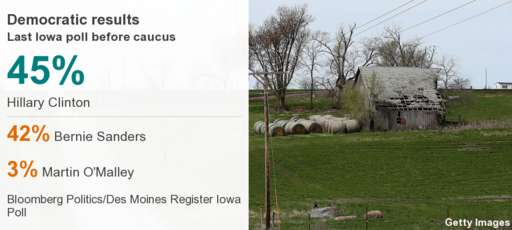

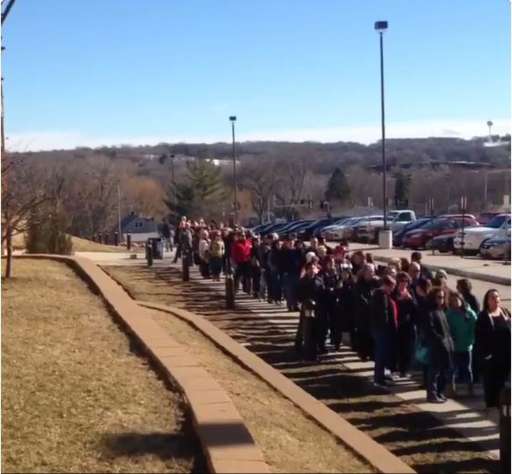
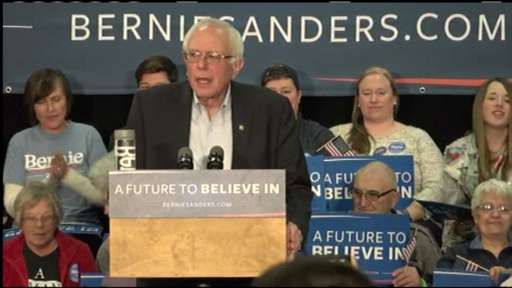


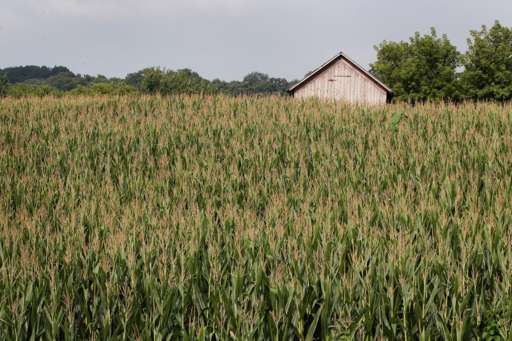
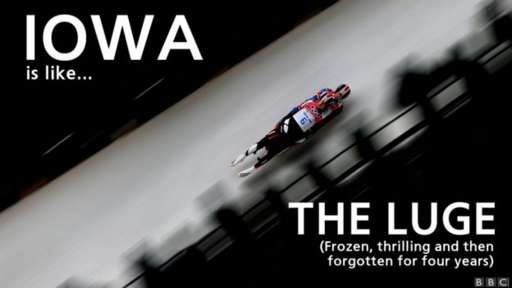
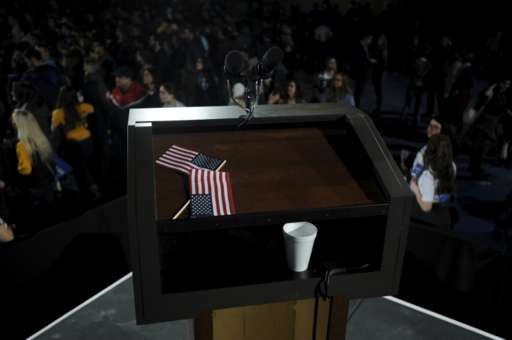
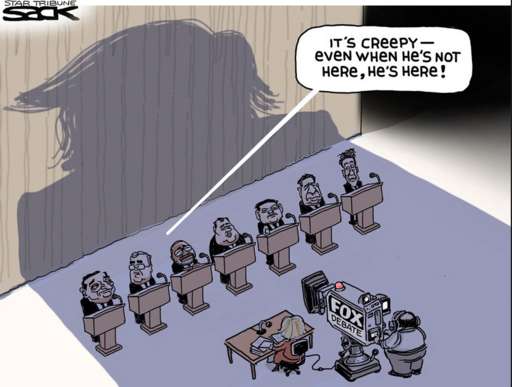
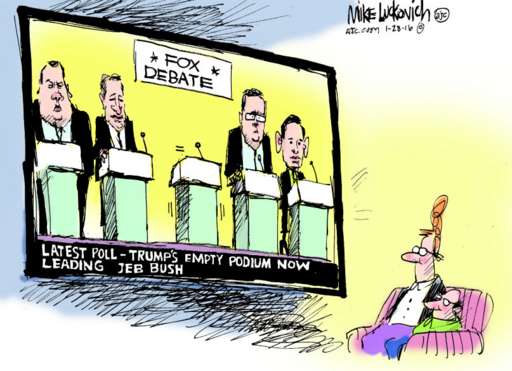
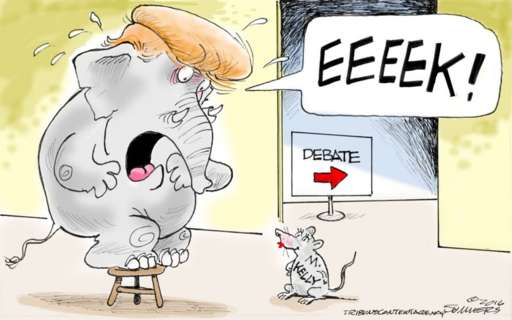
No comments:
Post a Comment
Please leave a comment-- or suggestions, particularly of topics and places you'd like to see covered